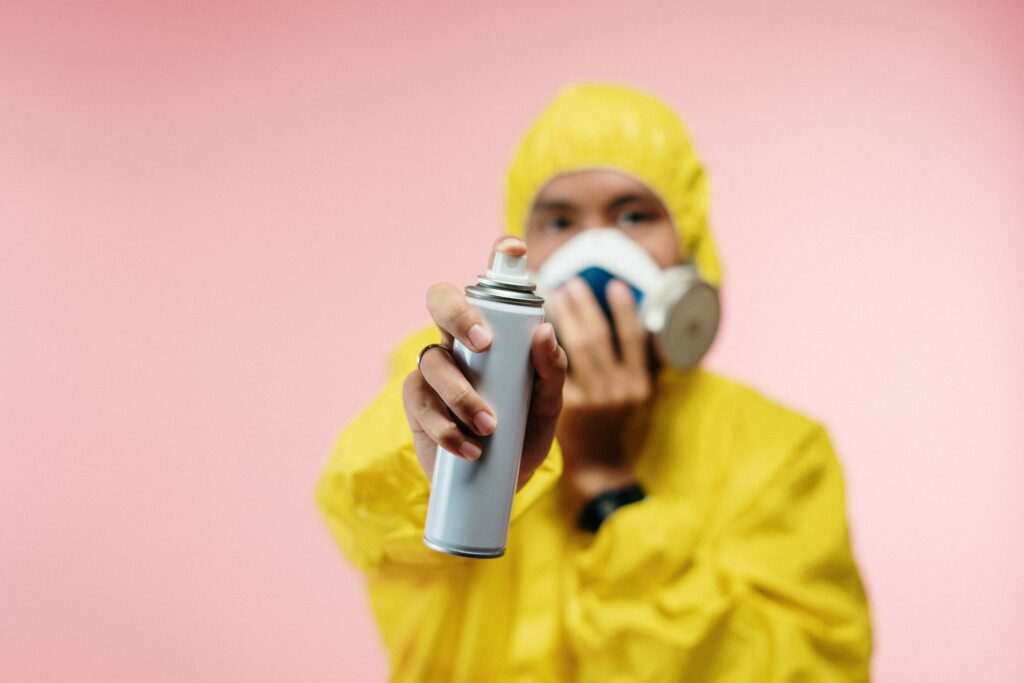The pandemic has fundamentally changed the way every organization does business. Whether you’re in the food manufacturing sector, the automobile landscape, or the health industry, you’ve definitely seen some major changes in the last couple of years.
The environmental health space is just one of the many facing a new future following the pandemic. This industry has seen a huge demand for specialist talent and insight in the last two years, as well as a rise in requests for new forms of technology, like antiviral fogging machines and unique spray systems for cleaning.
Companies in the “EH” landscape are now facing a transformational moment. To survive, and properly support communities in the years ahead, businesses will need to ensure they’re sourcing the most affordable, effective products with care and speed.
The Pandemic Launched a New Age for Environmental Health
For years, environmental health experts have been tasked with finding solutions to overcome the negative impact our modern lifestyle has on human wellbeing. Constant exposure to endocrine-disrupting chemicals, carcinogens, mutagens, and hazardous substances meant many of us went into the pandemic with impaired immune systems already.
As communities move out of the pandemic, there’s bound to be an increasing focus on taking steps to protect and strengthen our damaged respiratory systems. Environmental health professionals are going to be facing increased pressure to consider how the atmosphere of any building or environment might impact everything from consumer health to employee productivity.
For many environmental health groups, the last year has prompted an immediate need for rapid risk analysis and new investment. Nobody could predict the arrival of the most recent health crisis. However, with the right strategy in place, environmental groups can ensure they’re investing in the right products to meet the future environmental safety requirements we’ll all encounter.
Improving the Environmental Health Supply Chain
During 2020, we saw a new influx in demand for environmental tools built around the protection and enhancement of the respiratory system. Respirators, for instance, became a highly sought-after item. While many workers were already required to wear these products as part of their PPE (personal Protective Equipment), the increase in demand was astronomical. Some media outlets even reported nurses and doctors having to wear trash bags and reuse N95 respirators.

This rapid increase in demand demonstrated for many environmental health companies how vital the right supply chain could be. Having access to multiple sources of inventory for essentials like respirators will be high on the priority lists for many brands following the pandemic.
A stronger supply chain will provide environmental health businesses with the opportunities they need to access critical tools like PPE solutions, gloves, respirators, and cleaning systems with speed, regardless of whether they’re in the midst of a crisis or not. As an environmental health company, having a variety of suppliers for your end-users to choose from will also mean that you’re equipped to handle varying requests and unique demands based on individual requirements.
Many groups are likely to be looking more carefully at fogging machines for sanitizing and disinfecting purposes. These machines make it easier to disinfect an entire room with speed, which could be crucial for workplaces, hospitality environments, and healthcare landscapes. However, because different environments have different demands when it comes to things like odor and bacteria control, environmental health brands will need to ensure they have the right options to offer.
Sourcing the Right Solutions
For a future defined by social distancing, rapid disinfection, and atmospheric protection, environmental health companies will need to build new business models. The key to success will lie within the ability to access the right supply chain options at the correct time for end-users and customers. Increasingly, the demand for a wider range of choice and flexibility will grow.
Like many businesses in this new environment, environmental health brands are likely to see a higher degree of end-user interest in marketplace environments, where they can quickly source the latest tools to meet environmental health standards while keeping to budgetary limits.
After all, while companies and various other groups are under increased pressure to meet with new environmental guidelines, they’re also facing a greater degree of stress from a budgetary perspective. Most organizations will be facing the threats of a troubling economy following the pandemic, which means budgets are lower than ever.
Souqbox can help environmental health companies to deliver the valuable, high-speed experiences their customers are looking for. We’ll show you how to build an environment for affordable, effective products that keep end-user businesses from crumbling under the pressure of new demands.













